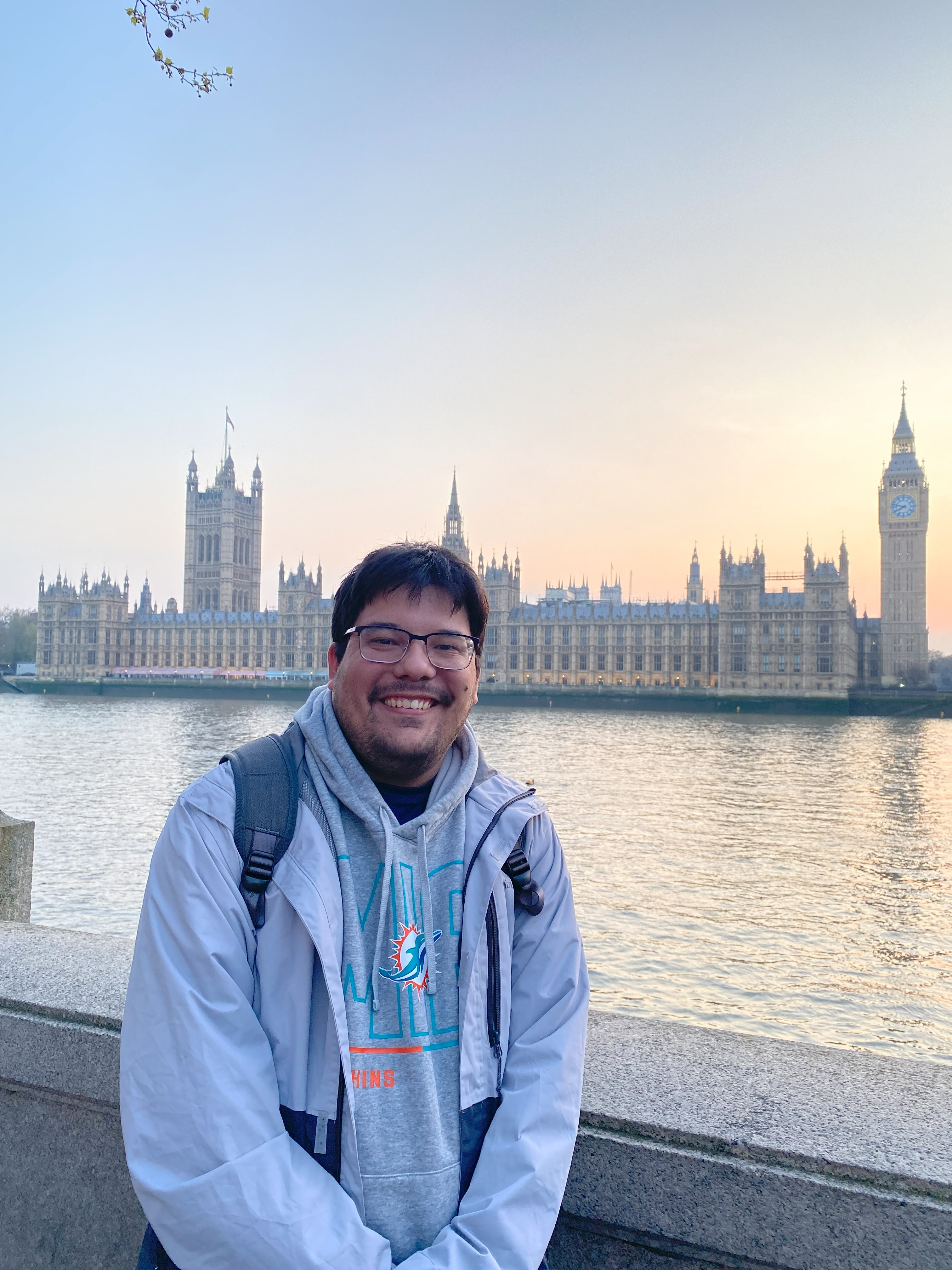Georgia’s abortion rights battle is about to shift to local governments
































The battle over access to abortion in Georgia is poised to shift to local officials who see themselves as a last line of defense after the U.S. Supreme Court overturned the landmark Roe v. Wade ruling.
Prosecutors covering some of Georgia’s most densely populated areas have vowed they won’t seek charges against violators of the state’s anti-abortion law. Police agencies are under pressure to focus on violent crimes rather than abortion cases.
And Democratic statewide candidates have pledged to undermine the 2019 law, which could take effect within weeks following the Supreme Court’s decision to reverse the constitutional right to abortion.
An Atlanta Journal-Constitution survey of each of the state’s 50 district attorneys revealed at least seven who say they’ll refuse to prosecute violations of the law, which would ban abortions as soon as six weeks, before many women know they’re pregnant.
“We have limited resources. We have an incredible backlog of cases, a shortage of staff and a shortage of resources,” said Deborah Gonzalez, the district attorney for a circuit that includes Athens-Clarke and Oconee counties.
“We’re looking on where we can have maximum impact, and we need to focus on serious violent crimes. A violation of an abortion bill doesn’t meet that.”
About a dozen prosecutors said they’ll address potential violations of the law on a case-by-case basis. Some prosecutors said it was too early to comment on the legislation, while others declined comment or could not be reached after multiple attempts.
Lookout Mountain District Attorney Chris Arnt plans to enforce and prosecute anyone who violates the laws of the statesin cases where they are “sufficient, legally admissible evidence to prove the case beyond a reasonable doubt.
“I do not feel that is proper for me, as District Attorney to pick and choose which laws I want to enforce, and I do not do so,” he said in a statement. “We will prosecute violations of OCGA 16-12-140 (current abortion law) as we do all other cases and examine the evidence in any case on an individual basis.”

The strategy could set up a tense showdown with Gov. Brian Kemp, Attorney General Chris Carr and other Republican officials who championed what they touted as the nation’s “toughest” anti-abortion law. Kemp made the 2019 law the centerpiece of his first year in office and has pledged to enforce it.
Carr offered a preview of the sharp clash to come when he accused prosecutors who won’t prosecute abortion violators of a “dereliction of duty.”
“This shows exactly the trend that we are seeing nationwide. Democrats and those on the left are not enforcing the law. It’s the new criminal justice reform,” said Carr, who is seeking reelection in November.
“I would say do your job. Do the job you were elected to do,” he added. “That is your duty, as attorney general and district attorneys, to enforce the law.”
Refusing to prosecute
The reaction from prosecutors was swift. Within hours of the court’s ruling, seven district attorneys from Georgia were among the more than 80 nationwide who signed a statement pledging to refuse using their offices’ resources to “criminalize reproductive health decisions.”
They include the top prosecutors in the metro Atlanta counties of DeKalb, Douglas and Gwinnett along with the heavily Democratic cities of Athens, Augusta, Macon and Savannah.
“I fight violent gangs who kill children in the street. I fight abusive parents who put their kids in the hospital. I fight child molesters who prey on our children,” said Jared Williams, the top prosecutor in Augusta.
“Until our community is rid of violent crime and sexual predators,” he added, “I will not expend our limited resources to prosecute women and their doctors for personal healthcare decisions.”
The approach has set off a debate in legal circles. Danny Porter, who was Gwinnett County’s district attorney for nearly three decades, said the prosecutors might have had politics in mind when they issued statements opposing the abortion law.
“I believe there are DAs, I know a lot of them, that have strong personal opinions about this,” Porter said. “And I believe there are some that know it will appeal to their base. So that’s why they do it.”
State Rep. Stan Gunter is a former district attorney from north Georgia who made the leap to the Legislature in 2020 when he was elected as a Republican to a House seat. He said prosecutors who “won’t enforce a valid law” risk sending the wrong message.
“They’re prosecutors. They’re not legislators,” he said. “They don’t get to make the law. They have to follow the law.”
Others said they would have made the same decision. Former DeKalb District Attorney J. Tom Morgan said it’s no different than a prosecutor deciding not to press charges in nonviolent drug-related cases.
“There are district attorneys around the country who are not prosecuting misdemeanor marijuana cases any longer, even though it’s federal law and state law in their jurisdiction,” Morgan said.

Even in parts of Georgia led by politicians who oppose the restrictions, there’s no guarantee that abortion rights will be protected.
While prosecutors in Georgia have broad discretion to decide which laws to enforce, there’s no guarantee that women and medical providers will retain that protection. Political changes could sweep an incumbent out of office and elect someone with the opposite stance.
What’s more, the remaining abortion providers in Georgia could shutter or roll back their operations when the new restrictions take effect. As Emory University political scientist Andra Gillespie noted, “if there are no abortion clinics in these places, these stances are largely moot.”
Savannah Medical Clinic, an abortion provided that opened 40 years ago, permanently closed its doors this week. It was the only abortion provider in Savannah that offered surgical abortions.

The flip side, said state Rep. Teri Anulewicz, involves the mountain of questions left unanswered by the Supreme Court’s ruling. What if, say, a woman is undergoing fertility treatments and has multiple miscarriages within a year? What about other grey areas of the law?
“I don’t know how any DA could in good conscience enforce a law about which there are so many unknowns,” said Anulewicz, a Smyrna Democrat.
The law, as passed in 2019, does not specify charges or penalties women who seek or get abortions could face. In regards to medical professionals who perform abortions, the law requires physicians to first make a determination of the “probable gestational age” of the unborn child. Failure to do so could result in sanctions to the physician’s medical license.
Georgia law currently states abortions can’t be performed after 22 weeks of pregnancy unless a physician determines the life of the mother is in jeopardy, her health is severely compromised or the fetus is unlikely to survive.
A person can be charged with criminal abortion by giving woman any medicine, drug or other substance or when using any instrument or others means with the intent to produce a miscarriage or abortion, except as otherwise noted, according to Georgia Code. A conviction can be punished by imprisonment of up to 10 years.
It is unclear if the new law, once it goes into effect, would change penalties. Atlanta lawyers have offered to represent anyone prosecuted for abortions for free.
‘Sickened’
The courtroom is just one front in a broader battle over abortion rights in a political and legal landscape upended by the Roe decision.
Atlanta Mayor Andre Dickens, who said he was “sickened” by the court’s decision, maintained that Atlanta police shouldn’t be “involved in women’s health concerns.” Interim police Chief Darin Schierbaum agrees, saying the department’s focus is “gangs, drugs and guns.”
Others could follow suit. At the Georgia Municipal Association’s meeting in Savannah this week, there were quiet conversations among some members about the decision’s fallout. Athens Mayor Kelly Girtz, whose city is one of the most liberal in Georgia, said there’s much uncertainty about how to respond.
“We have pursued health care access and equity as goals, and implementation of the 2019 state law definitely flies in the face of that,” said Girtz, whose city has previously passed mask mandates and taken other steps to counteract Republican policies.

Stacey Abrams, Kemp’s Democratic challenger, said in an interview that she anticipates other law enforcement agencies and local officials to scale back enforcement of the anti-abortion law.
“Absolutely there should be a de-prioritization,” said Abrams, who has pledged to reverse the 2019 law if she’s elected. “If protecting and serving is the goal, this should be at the bottom of the list.”
And state Sen. Jen Jordan, a Democrat challenging Carr, has vowed not to use taxpayer money to defend the state’s anti-abortion law.
“I would not defend it,” she said, “because I do not believe it’s lawful.”
That elicited a scoff from the Republican incumbent.
“If you don’t like the law, don’t run for district attorney or attorney general, run for the Legislature,” Carr said. “That is where we change the law.”





